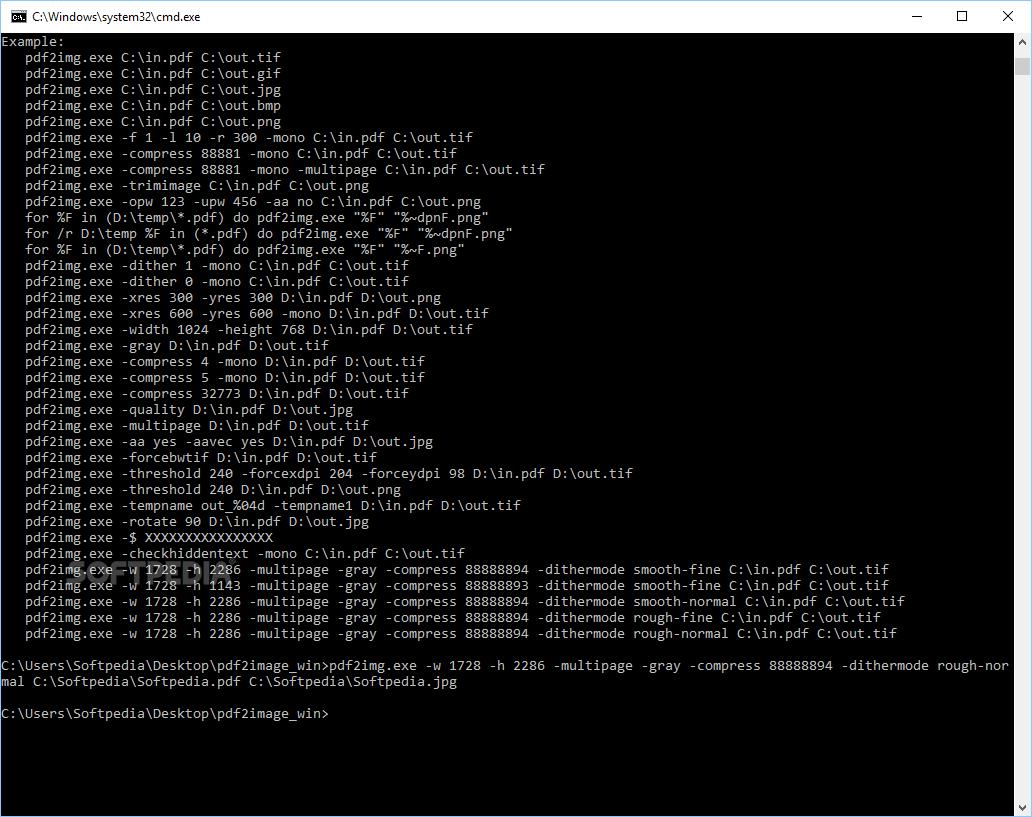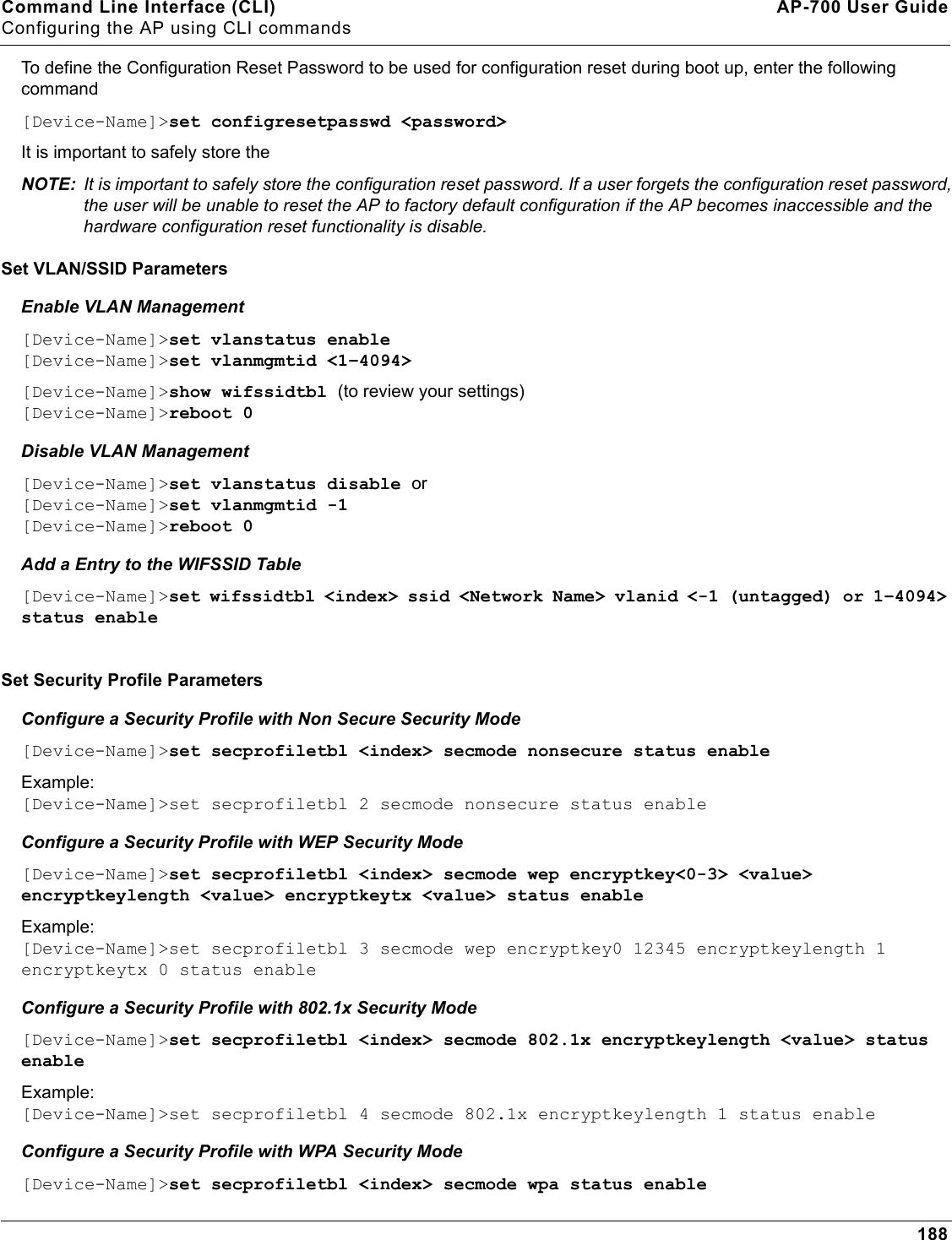

$ vim '+e ++enc=eucJP ju-file.txt'Īn old Japanese MS-Windows text file, " jw-file.txt", stored in the so called shift-JIS encoding (more precisely: CP932) can be edited with vim by the following. $ vim '+e ++enc=latin2 pu-file.txt'Īn old Japanese unix text file, " ju-file.txt", stored in the eucJP encoding can be edited with vim by the following. This is possible since the auto detection mechanism of the file encoding in vim assumes the UTF-8 encoding first and, if it fails, assumes it to be latin1.Īn old Polish Unix text file, " pu-file.txt", stored in the latin2 (iso-8859-2) encoding can be edited with vim by the following. You should use these editors under the UTF-8 locale in the UTF-8 capable console for the best compatibility.Īn old western European Unix text file, " u-file.txt", stored in the latin1 (iso-8859-1) encoding can be edited simply with vim by the following. Intelligent modern editors such as the vim program are quite smart and copes well with any encoding systems and any file formats. JIS X 0208 Appendix 1 standard for Japanese (see CP932)
#Convert ps to pdf mac command line code
Old Japanese UNIX standard 8 bit code and completely different from Shift-JIS

Standard encoding for Japanese email which uses only 7 bit codes Old Russian UNIX standard for the Cyrillic alphabet
#Convert ps to pdf mac command line windows
Old standard for western European languages, ISO-8859-1 with euro signĬode page 850, Microsoft DOS characters with graphics for western European languages, ISO-8859-1 variantĬode page 932, Microsoft Windows style Shift-JIS variant for JapaneseĬode page 936, Microsoft Windows style GB2312, GBK or GB18030 variant for Simplified ChineseĬode page 949, Microsoft Windows style EUC-KR or Unified Hangul Code variant for KoreanĬode page 950, Microsoft Windows style Big5 variant for Traditional ChineseĬode page 1251, Microsoft Windows style encoding for the Cyrillic alphabetĬode page 1252, Microsoft Windows style ISO-8859-15 variant for western European languages Old standard for eastern European languages, ASCII + accented characters Old standard for western European languages, ASCII + accented characters Standard based tools are in very good shape but support for proprietary data formats are limited.Īmerican Standard Code for Information Interchange, 7 bit code w/o accented charactersĬurrent multilingual standard for all modern OSs Tools and tips for converting data formats on the Debian system are described. Highlighting and formatting plain text data 11.2. Checking file to be UTF-8 with iconv 11.1.3. Converting a text file with iconv 11.1.2.


 0 kommentar(er)
0 kommentar(er)
